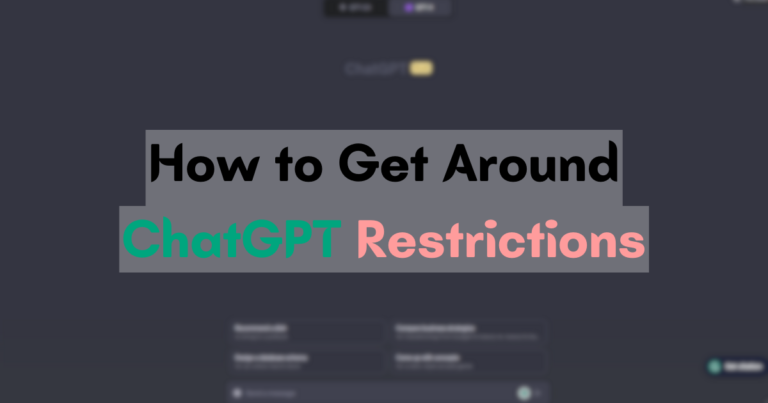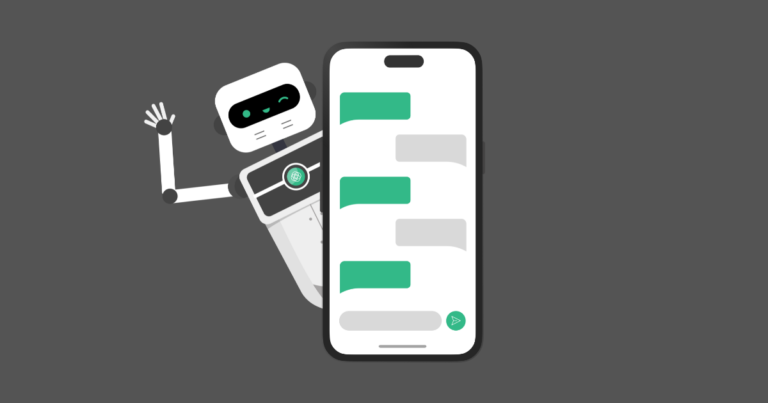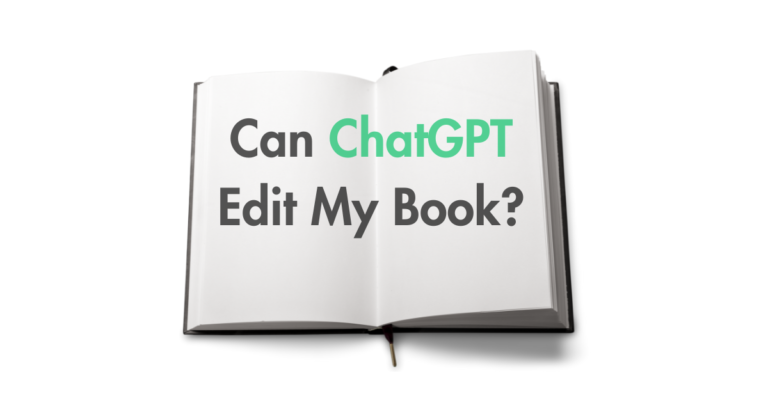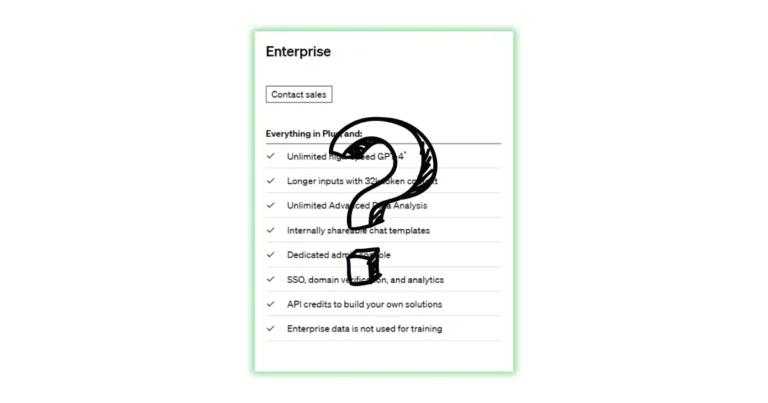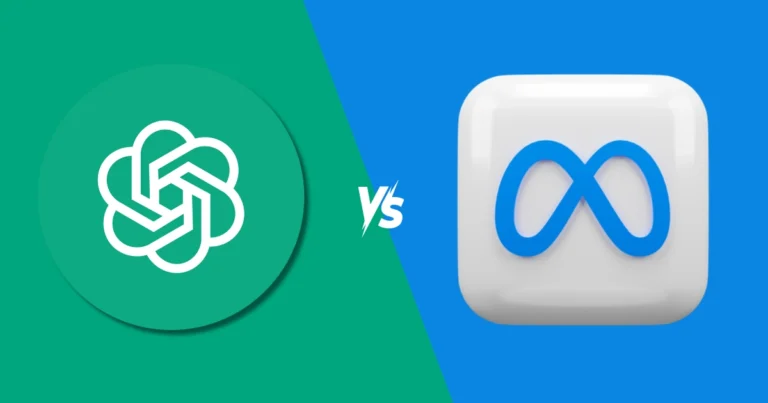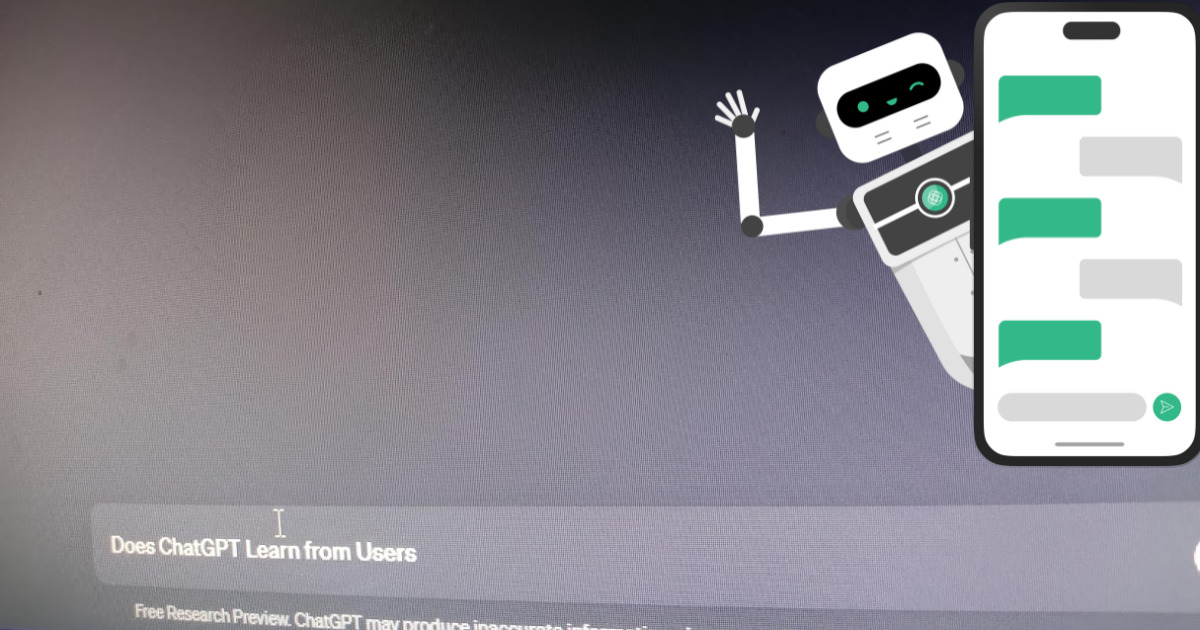
ChatGPT has the capability to learn from user input and enhance its responses, which allows it for more interactive and engaging conversations with users.
By utilizing contextual memory, ChatGPT can remember and reference previous inputs, ensuring relevant and consistent responses.
It can retain dozens of instructions within conversations, and its output improves as more context is provided. However, it has limited memory capacities and can only process a certain number of words at a time.

It focuses on remembering topic-relevant inputs while disregarding irrelevant details. OpenAI plays a crucial role in monitoring and analyzing user conversations to identify and address data biases, harmful information, and illicit activities, leading to continuous updates and improvements in ChatGPT.
Developers also collect and analyze user input to fine-tune the language model, and user feedback is highly valued in enhancing the chatbot’s responses.
User interactions are anonymized and encrypted to protect privacy, and OpenAI ensures strict adherence to privacy and security standards.
It is important to note that while ChatGPT learns from users, it does not retain personal information or learn specific details about individual users.
Contents
How Does ChatGPT Learn from Users?
ChatGPT utilizes contextual memory to remember and draw upon previous inputs, leading to more accurate and effective responses.
This contextual memory allows ChatGPT to retain and reference past interactions within conversations, enabling it to provide relevant and coherent answers.
By remembering instructions and context, ChatGPT’s output improves as more information is provided.
However, it’s important to note that ChatGPT has limited memory capacities and can only process a certain number of words at a time.
It selectively remembers topic-relevant inputs and disregards irrelevant details, ensuring that it focuses on key information.
OpenAI plays a crucial role in monitoring and analyzing user conversations to identify any data biases, harmful information, or illicit activities.
This ongoing analysis helps in addressing these issues and updating ChatGPT accordingly. User feedback is also invaluable in improving the chatbot’s responses, as developers collect and analyze user input to fine-tune ChatGPT’s language model.
Privacy and data protection are paramount concerns for OpenAI. ChatGPT anonymizes and encrypts user interactions to safeguard privacy.
OpenAI adheres to strict privacy and security standards to ensure the protection of user data throughout the learning process.
OpenAI’s Monitoring and Analysis of User Interactions
OpenAI takes the responsibility of ensuring data integrity in user conversations very seriously. Through proactive monitoring and analysis, we aim to identify potential biases, address harmful information, and detect any illicit activities.
By closely examining the interactions between users and ChatGPT, we continuously improve the chatbot’s performance and make necessary updates to enhance its functionality.
We collect and analyze user input to fine-tune ChatGPT’s language model. This process allows us to understand the patterns, preferences, and conversational dynamics that shape the interactions.
By gaining insights from these conversations, we can train the model to provide more accurate and relevant responses. This iterative approach ensures that ChatGPT continuously learns and adapts to its users.
Feedback from users plays a crucial role in the improvement process. By sharing your thoughts and suggestions, you contribute to shaping ChatGPT’s capabilities and refining its responses.
We appreciate all valuable feedback and use it to make the necessary adjustments to address any limitations or concerns.
Privacy and data protection are of utmost importance to us. All user interactions with ChatGPT are anonymized and encrypted to safeguard your personal information.
OpenAI strictly adheres to privacy and security standards to ensure that your data remains safe and confidential. We understand the trust you place in us, and we are committed to maintaining the highest level of privacy and security.
In summary, OpenAI actively monitors and analyzes user conversations to ensure data integrity, identify potential biases, and address any harmful information or illicit activities.
Your feedback is invaluable in shaping the future development of ChatGPT, and we continuously strive to improve its performance and reliability.
User Privacy and Data Protection
ChatGPT anonymizes and encrypts user interactions, prioritizing user privacy and data protection. OpenAI follows strict privacy and security standards to safeguard user data.
All user conversations are anonymized, ensuring that personal information is not linked to individual interactions. Additionally, the chatbot’s interactions with users are encrypted to provide an extra layer of protection.
OpenAI’s commitment to privacy and security means that user data is handled with utmost care. Conversations are monitored and analyzed to identify any data biases, harmful information, or illicit activities.
This continuous monitoring allows OpenAI to make necessary updates to ChatGPT to address these issues and ensure a safer user experience.
Developers at OpenAI collect and analyze user input to fine-tune ChatGPT’s language model. This data analysis helps improve the chatbot’s responses and ensures that it learns from user interactions.
User feedback is also crucial in this process, as it provides valuable insights for further enhancing the capabilities of ChatGPT.
It is important to note that while ChatGPT does learn from users to improve its responses, it does not retain personal information or learn specific details about individual users.
The focus remains on enhancing the chatbot’s performance while ensuring user privacy and data protection at all times.
FAQ
Does ChatGPT learn from users?
Yes, ChatGPT learns from user input to improve its responses.
How does ChatGPT learn from users?
ChatGPT uses contextual memory to remember and reference previous inputs, ensuring relevant and consistent responses. As more context is provided, the output of ChatGPT improves.
How does OpenAI monitor and analyze user interactions?
OpenAI monitors and analyzes user conversations to identify data biases, harmful information, and illicit activities. The chatbot is continually updated to address these issues, and user feedback is also important in improving its responses.
How does ChatGPT protect user privacy and data?
ChatGPT anonymizes and encrypts user interactions to protect privacy. OpenAI follows strict privacy and security standards to ensure the protection of user data.
Is personal information retained or specific details learned about individual users?
No, ChatGPT does not retain personal information or learn specific details about individual users.
ChatGPT learns from user input, improving its responses, all while prioritizing user privacy and data protection.
The chatbot utilizes contextual memory to remember and reference previous inputs, ensuring relevant and consistent replies.
It can retain dozens of instructions within conversations, and its output quality improves with more context.
ChatGPT has limited memory capacities and focuses on topic-relevant information, disregarding irrelevant details.
OpenAI plays a crucial role in monitoring and analyzing user interactions to identify data biases, harmful information, and illicit activities.
This continuous evaluation allows for updates to be made to the chatbot’s language model, addressing these issues. User feedback is also instrumental in improving the responses of ChatGPT.
To safeguard privacy, ChatGPT anonymizes and encrypts user interactions, ensuring that personal information remains confidential.
OpenAI follows strict privacy and security standards, providing users with assurance that their data is protected.
While ChatGPT learns from users, it is important to note that it does not retain personal information or learn specific details about individual users.
This approach strikes a balance between improving the chatbot’s capabilities and respecting user privacy, allowing for a better user experience while maintaining data protection.


